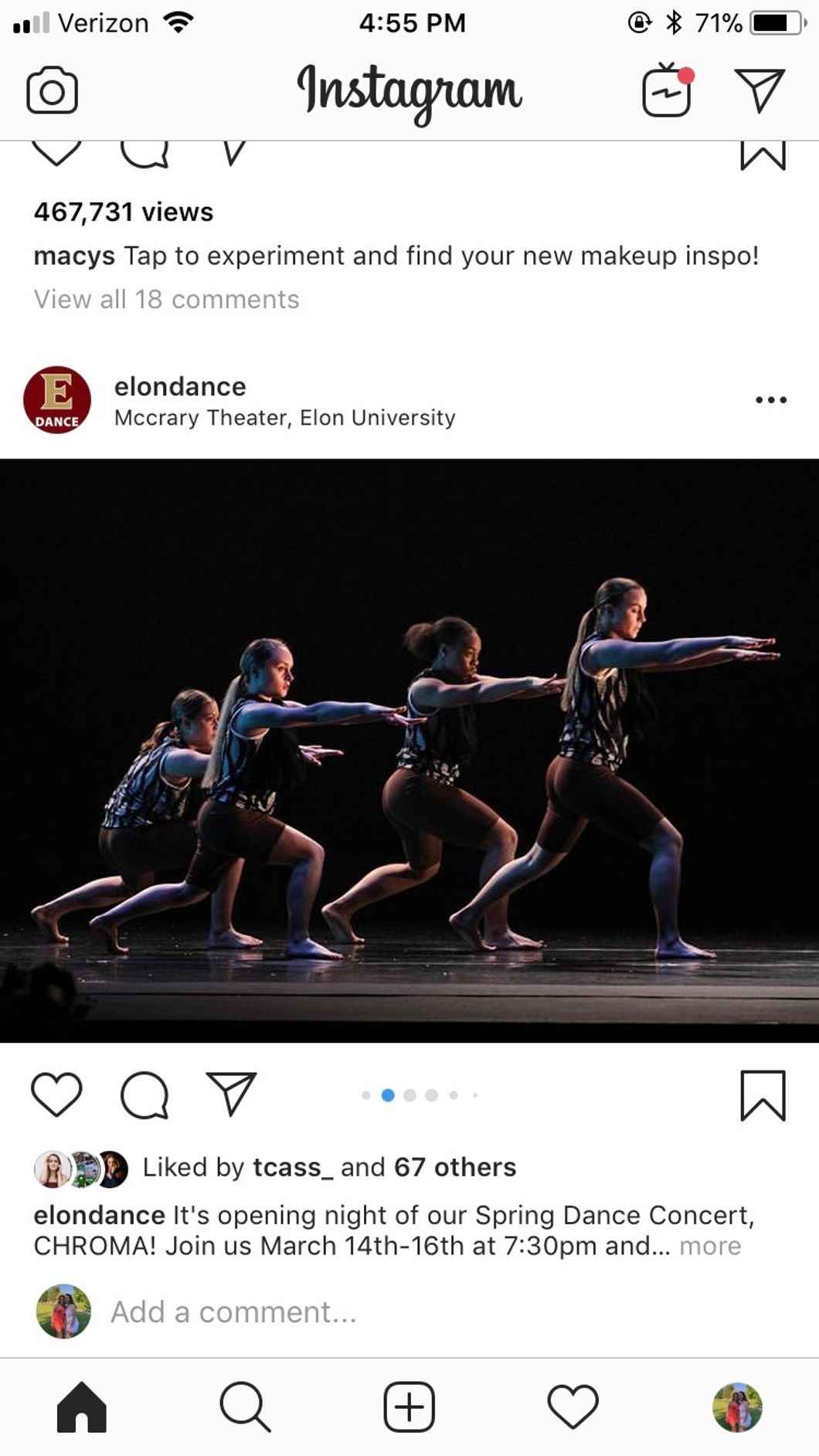Dance programs across the nation are very different. There are so many factors to consider and so many expectations to meet. You have audition after audition on top of your already busy rehearsal and training schedule back home. It may seem like you know what to look out for when visiting programs and networking yourself, meeting with various students and faculty. But how do you really know? And what are you really looking for anyway?
There are a lot of outside voices that influence this decision of yours. They're the same voices that contributed to your dance career thus far. It can get overwhelming, especially now because you don't know who to listen to. You find yourself becoming incredibly lost in a process that is meant to help you find future dancer self.
There are things that these voices don't tell you, some non-transparent things that no one really advertises when it comes to deciding on a dance program. These factors, these not so obvious things, however, are more important than most aspiring dancers realize. I've been through this process before, I've been in the exact same position you're in right now. And these are some things I wish someone told me about earlier because they are some of the most important factors that will subconsciously affect your decision at the end of the day. So just listen, listen to what I have to say from one dancer to another.
1. The double major
Now, for those who want to really focus on and enhance their training, a conservatory program might be better for you. Be prepared. You will be dancing constantly going from ballet, to modern, to pilates, to pointe. You might not have the exposure to other academic subject areas that you had in high school. Some dancers go to a conservatory for this reason. They just want to focus on their training instead of wasting time taking academic classes that won't benefit their career. Others don't go to a conservatory for this reason. They want that to pursue that additional degree to fall back on in case a professional career doesn't work out for them. They want to still have that typical college experience. You just have to know what level of academic rigor you prefer. However, a conservatory program is strongly recommended for those who want to professionally perform after college as the intensity of their course requirements and daily schedule is a mere image of the rigor that exists within the professional dance world.
This decision to pursue a double major or not comes down to one thing: prioritizing what you want to pursue career-wise. I decided that I personally valued academic rigor and discovered that there was another major I was very much passionate about what I wanted to pursue just as much as dance. So I chose a program where the double major was more than possible. Now, you might have something different in mind and that's totally okay. Dance itself is full of an infinite amount of careers. Just know that this decision of pursuing a double major or not will heavily factor into your journey of finding the perfect dance program for not only the dancer you currently are but also the dancer and person you aspire to be years from now.
2. Creating your own work
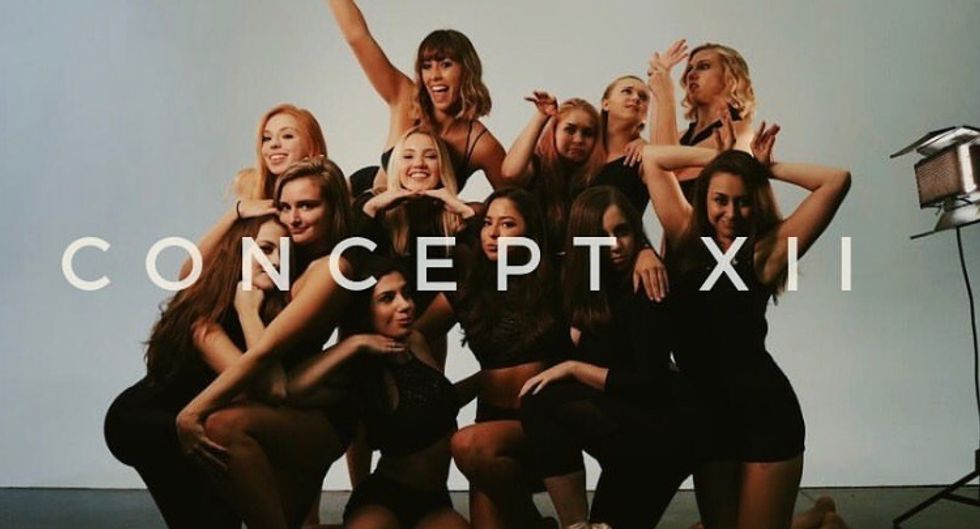
Senior dance majors at Elon University are currently in the process of presenting their own work for their senior thesis production: Concept XII.
https://www.instagram.com/p/BopM-4IAkfe/?utm_source=ig_web_copy_link
Choreography goes hand in hand with performing. Perhaps in some cases, it's maybe even more important than the performance itself. If you don't have powerful choreography that engages an audience and inspires them to think differently about various concepts, then you really don't have a performance at all. This was exactly why I wanted a college program that would stimulate my interest and curiosity in creating work of my own.
Choreographing is a technique of its own and is not something you can just learn in your regular technique classes. This was something that excited me personally when being in a college dance program. I finally was given the opportunity to create art that outlives me, to potentially someday inspire audiences across the nation. If you're reading this and getting excited just thinking about creating your own movement and exploring what it means to be a choreographer, then go for it, find a college dance program that will let you do exactly that.
3. Guest artists
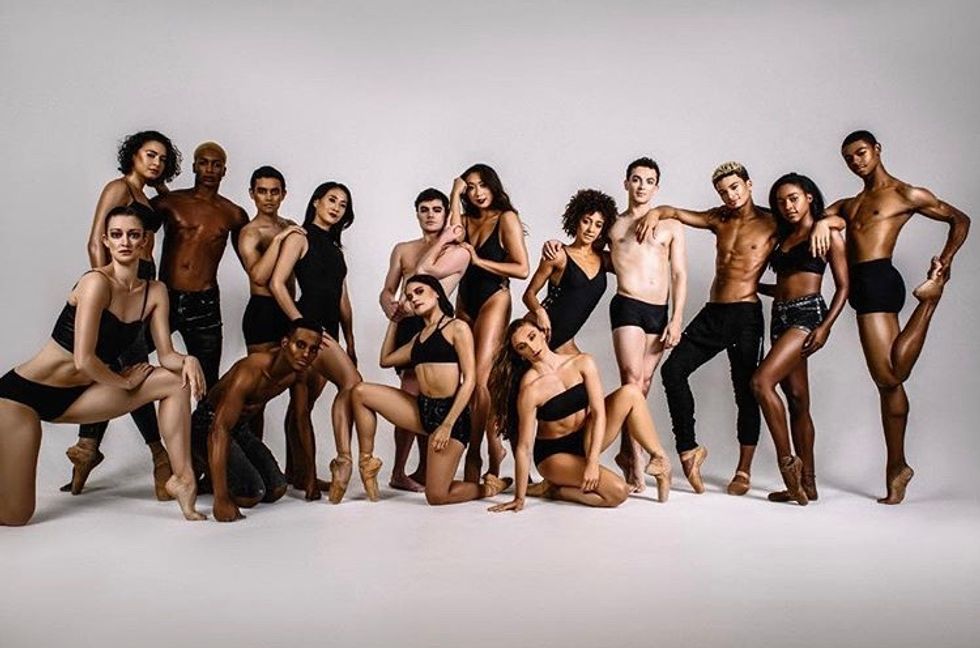
The Contemporary Ballet Company, Complexions, has set work on various university dance programs.
https://www.instagram.com/p/BrxtJaEBV7n/?utm_source=ig_web_copy_link
Unfortunately, I didn't look into guest artists prior to deciding on the dance program for me. I really wish I did because it would have made my decision much easier. I did know, however, that I wanted a program that invites artists particularly from contemporary companies. After seeing the Shaping Sound Dance Company, I knew that was the type of work I wanted to explore and do more of in the future. The way the company told a powerful story with their elegant movement was beyond inspiring. Don't be afraid to find this, to find what type of professional work inspires you. Once you find it, do your research and ask about guest artists, so you end up in a program that gives you the opportunity to work with a company that excites you. And who knows, maybe just maybe, you'll be on tour with a guest artist you worked with years ago while training in college.
4. Alumni
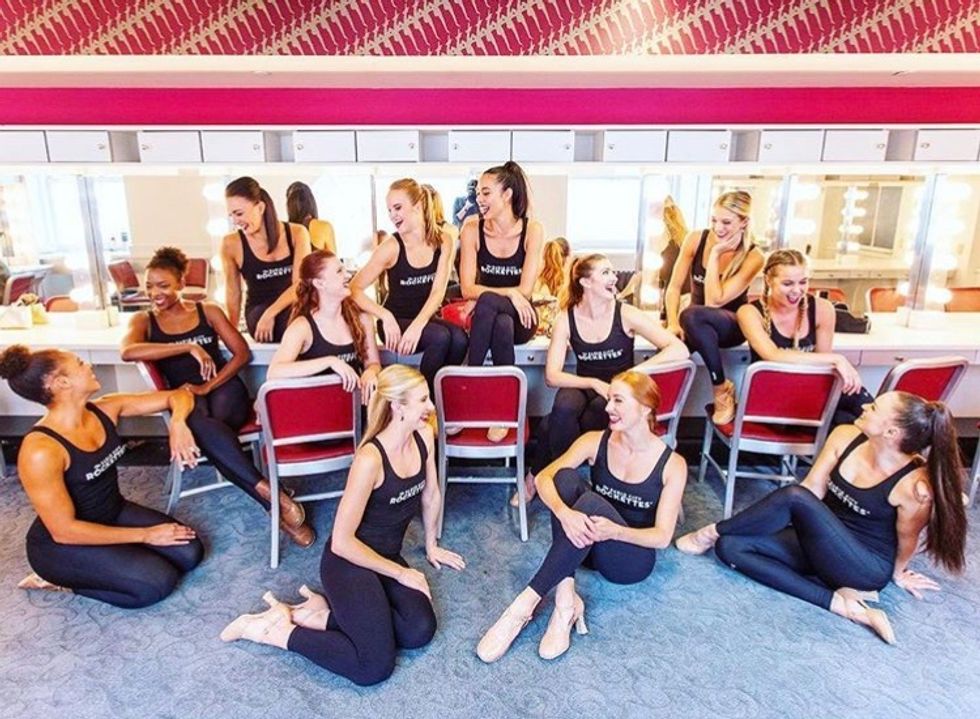
Dance majors go on to be Rockettes, Broadway ensemble members, dancers for major companies, and more.
https://www.instagram.com/p/Bt1MB08ja-n/?utm_source=ig_web_copy_link
5. Physical therapy
I cannot express enough how important free access to physical therapy is for college dance majors. No matter what type of program you're in, you will be dancing A LOT. Sometimes a lot more than you realize. Injuries are so much more common than it used to be. And now, you're all on your own. When going back to auditions, interviews, and tours, be sure to ask about what the program can offer you in terms of health, fitness, cross-training, and of course physical therapy. Being able to immediately see an athletic trainer for heat, ice and even just exercises to stretch certain muscle groups is essential for you and your future career. You cannot afford to get injured right now, especially when it's techweek and you have a six show weekend right around the corner.
6. Your niche
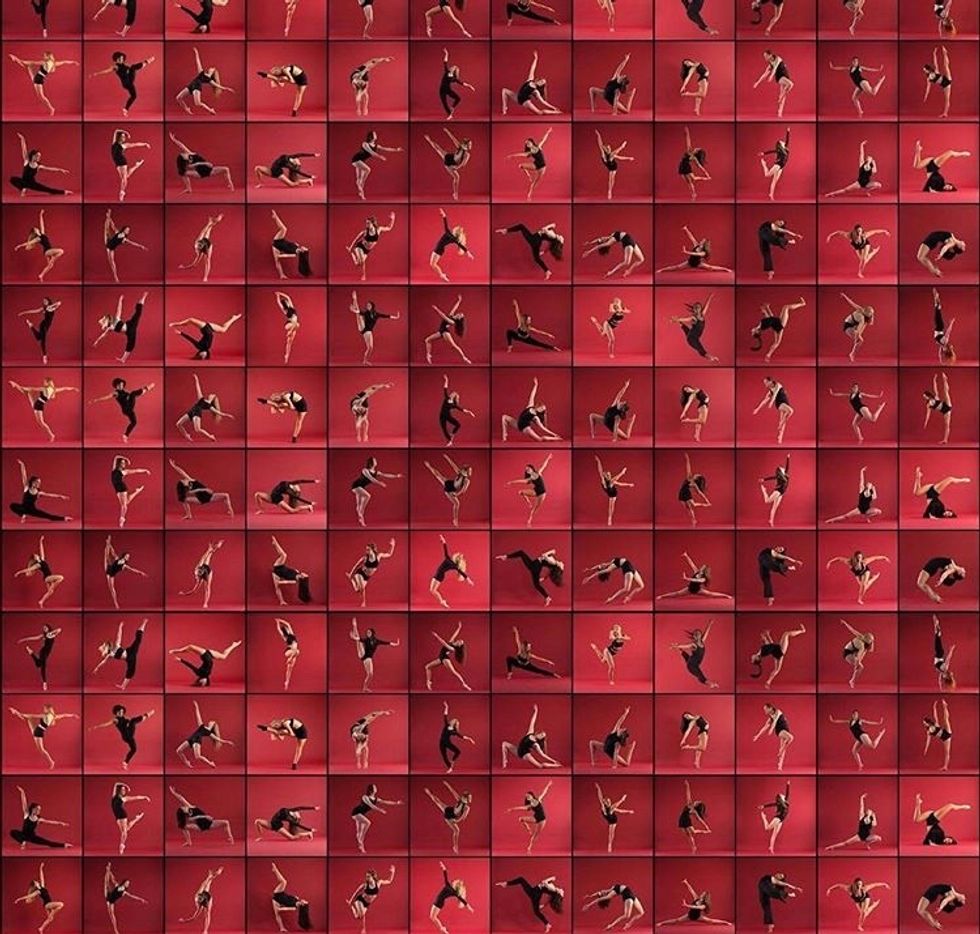
Every dancer is different. You will find where you belong.
https://www.instagram.com/p/BqfnExcnkhg/?utm_source=ig_web_copy_link
When auditioning, pay close attention to the movements the professors are having you do. Are you comfortable? Are you being challenged? This is more important than you may realize because of how the program you choose is a reflection of the dancer you aspire to be. So don't be afraid to let yourself be vulnerable in these auditions. Don't be afraid to try to figure out if this is a program you could see yourself both dancing in and being successful in. You'll know when the movement and the program is right for you. You'll feel it. It's not tangible, sometimes it's not even something you can describe.
As cliche as it sounds, you absolutely have to follow your heart with a decision like this. Listen to yourself, listen to your own voice. This process will teach you a lot about yourself and what dance means to you. And at the end of the day, you know yourself better than anyone else. This includes who you are as a person, dancer, artist, performer, choreographer and soon to be college student.

